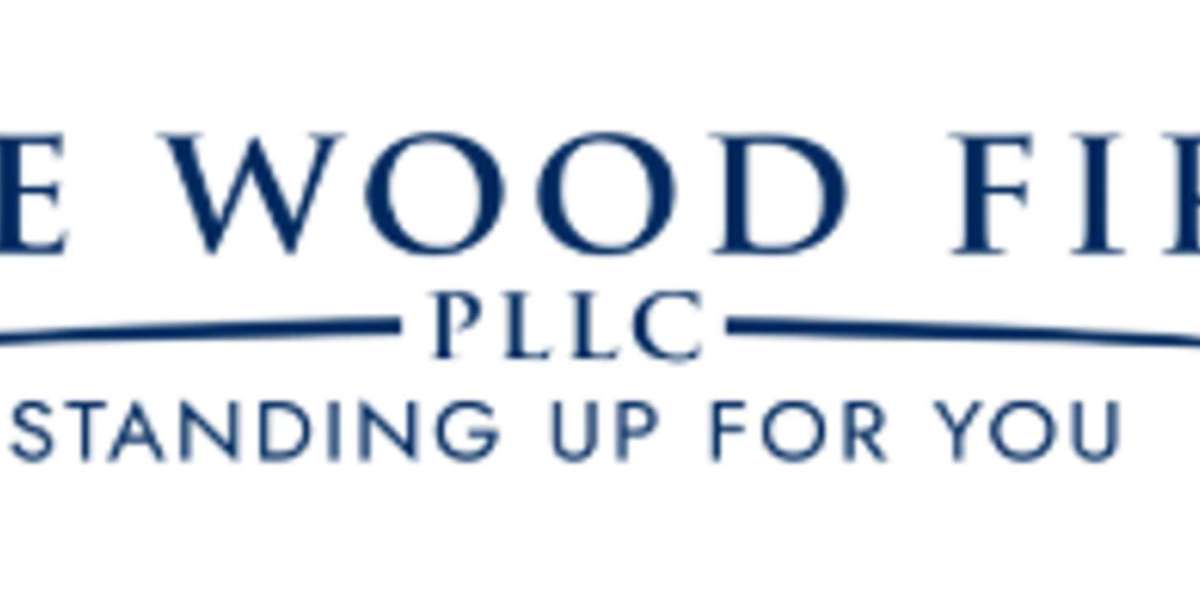Dealing with debt can be stressful, but being subjected to persistent or aggressive collection tactics can make the situation unbearable. Debt collection agencies play a legitimate role in recovering unpaid accounts, but there are clear boundaries set by law to protect consumers from abusive practices. Unfortunately, many people find themselves unsure about what collectors are allowed to do, what constitutes harassment, and how to respond effectively.
If you’ve been receiving repeated calls, threatening messages, or intimidating letters from a collection company, it’s essential to know your rights and the steps you can take to regain control. One issue that has drawn attention from consumers is Core Recoveries debt collection harassment, which highlights the need for people to understand how to respond when a collector crosses the line.
This article provides a comprehensive guide on how to recognize harassment, what the law says, and how to take action if your rights are being violated.
What Debt Collectors Are Legally Allowed to Do
Before identifying harassment, it helps to know what legitimate debt collection looks like. Debt collectors are permitted to contact you about unpaid accounts through letters, phone calls, or emails. Their goal is to arrange repayment or negotiate a settlement on behalf of the original creditor.
However, the Fair Debt Collection Practices Act (FDCPA), a federal law enforced by the Federal Trade Commission (FTC) and the Consumer Financial Protection Bureau (CFPB), limits how collectors can communicate and what they can say. Some key points include:
Collectors can only contact you between 8 a.m. and 9 p.m. in your local time zone.
They must identify themselves as debt collectors when contacting you.
They are prohibited from using abusive, deceptive, or unfair practices.
They cannot threaten you with arrest, lawsuits, or wage garnishment unless such actions are legally permissible and actually intended.
Collectors must provide written verification of the debt if you request it in writing within 30 days of their initial contact.
Knowing these rights helps you distinguish between legitimate debt collection efforts and unlawful harassment.
What Counts as Debt Collection Harassment
Debt collection harassment can take many forms, and it often involves tactics designed to intimidate or pressure you into paying quickly. Common examples include:
Excessive or repeated phone calls intended to annoy or wear you down.
Threatening language or false claims about legal consequences.
Public disclosure of debt, such as contacting your employer or family members without permission.
Use of obscene or profane language during communication.
Failure to validate the debt, especially if you’ve requested written confirmation.
Misrepresenting the amount owed or falsely claiming to be a lawyer or government representative.
If any of these occur, the behavior may qualify as harassment under federal or state law.
Why Debt Collection Harassment Happens
While some agencies follow strict compliance policies, others may push boundaries to meet quotas or maximize recoveries. In some cases, third-party agencies purchase old debts—sometimes beyond the statute of limitations—and use aggressive tactics hoping the consumer will pay out of fear or confusion.
Additionally, the rise of automated dialing systems and outsourced collection centers has increased the number of complaints about unrelenting contact. For many consumers, this creates emotional distress and anxiety, especially when the debt is disputed or already paid.
Your Rights Under Federal and State Laws
The FDCPA is the primary federal protection against harassment, but several states have their own laws that expand consumer rights. These laws often allow for higher financial penalties or broader definitions of harassment.
Under the FDCPA, you have the right to:
Request in writing that the collector stop contacting you.
Dispute the debt if you believe it is incorrect or not yours.
File a complaint with the CFPB, FTC, or your state attorney general’s office.
Sue the collection agency for damages if they violate your rights.
If a collector continues contacting you after receiving a written cease-communication request, except to inform you of specific legal actions, they are breaking the law.
Steps to Take if You Experience Harassment
If you suspect you are being harassed by a debt collector, the following steps can help you protect yourself:
Document Everything – Keep a record of all phone calls, voicemails, letters, and emails. Write down dates, times, names, and what was said during each interaction.
Request Written Verification – Send a formal request for verification of the debt within 30 days of the first contact. Collectors must provide proof that you owe the debt and that they have the right to collect it.
Communicate in Writing – If you prefer not to receive phone calls, send a written request asking for all communication to be in writing. This also creates a paper trail.
Consult a Consumer Rights Attorney – A qualified attorney can help you identify whether the collector’s actions violate the FDCPA or state laws and can advise you on possible compensation.
File a Complaint – Report harassment to the CFPB or FTC. Both agencies track complaints and take enforcement action against repeat offenders.
Monitor Your Credit Report – Ensure that inaccurate or disputed debts are not reported to credit bureaus, as this can affect your credit score.
How to Write a Cease and Desist Letter
A cease and desist letter is a formal written notice instructing a debt collector to stop contacting you. Here’s what to include:
Your full name and address
The date of the letter
The debt collector’s name and address
A clear statement requesting that they stop contacting you
A request for all further communication to be in writing (optional)
Your signature
Once sent, keep a copy of the letter and proof of delivery. If the collector contacts you again, you may have grounds for legal action.
When to Seek Legal Help
If you continue receiving calls after sending a cease-communication request or if the harassment has caused emotional distress, it may be time to contact a lawyer who specializes in consumer protection. Many attorneys offer free consultations and may take cases on a contingency basis, meaning they only get paid if you win.
Legal representation can also be crucial if the debt collector has threatened you with lawsuits or wage garnishment. An attorney can review the legitimacy of these claims, negotiate settlements, or file a countersuit if your rights were violated.
Preventing Future Collection Issues
The best way to avoid debt collection harassment is to stay proactive about your finances. Here are a few preventive steps:
Review your credit report regularly to ensure accuracy.
Contact creditors directly if you anticipate difficulty making payments.
Keep written records of all communications related to debt settlement.
Avoid ignoring collection notices, as doing so can escalate the situation.
Taking control of your financial situation early can help prevent the stress and anxiety that often accompany debt collection.
Final Thoughts
Debt collection agencies have a right to pursue unpaid accounts, but they must operate within the boundaries of the law. If you ever feel intimidated or harassed by a collector, remember that you have powerful legal protections on your side. Educating yourself about your rights is the first step toward regaining control of the situation.
Whether you are dealing with Core Recoveries debt collection harassment or facing pressure from another agency, it’s crucial to document every interaction, assert your rights, and seek professional help if necessary. Harassment is never acceptable, and by standing up for yourself, you help ensure that debt collection practices remain fair, ethical, and within the law.














